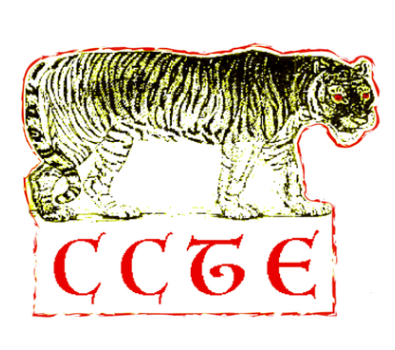Simulation
In simulation, we try to bring participants into the situation in question and give them a sense of how they would act.
Some people might call this ‘role play’, but we believe there is a crucial distinction. In simulation, we try to get as near as possible to a real scenario. In the example that we are working from, ‘We want to teach people how to have arguments and remain commonly committed to the movement,’ say that we have decided that a critical problem is when arguments get nasty, and we need to practise forgiveness. We are not ourselves in that situation (yet). But we know that we have done things wrong in the past, and that we have had to forgive people in the past, and so we might develop an exercise where people tell others about something they have done wrong, and the others forgive them.
In this example, the thing wrong is real and the forgiveness is real. But there is still a removal from immediate reality - feelings are not as high as they would be in the situation, and people are conjuring up the guilt and forgiveness involved. However, it is not role play, where people pretend to have done something wrong, and others pretend to forgive them.
What’s the time?
in Al-Quds -
in Panama and Chicago -
in Burkina Faso -
in Scotland -
